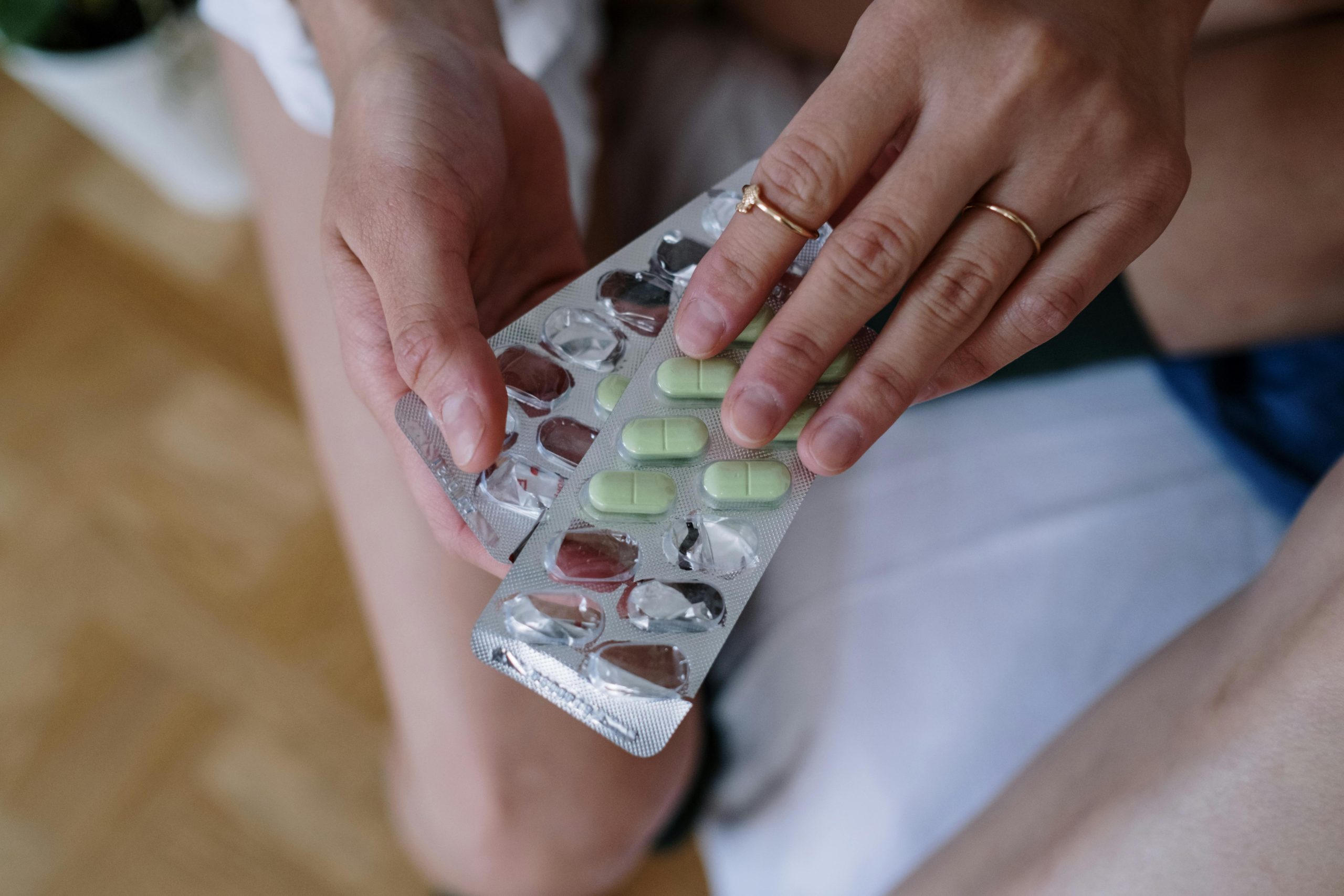European healthcare, Made in China: EU calls for more domestic pharmaceutical production

In recent years, Europe’s reliance on China for the supply of pharmaceutical products has emerged as a critical concern, raising questions about the continent’s resilience in times of crisis and its strategic autonomy in healthcare. The COVID-19 pandemic underscored this vulnerability, highlighting the fragility of global supply chains and the potential consequences of overreliance on a single source for essential medical supplies. As Europe grapples with the complexities of supply chain security, the need to diversify and strengthen domestic pharmaceutical production has become increasingly apparent.
The roots of Europe’s dependency on China in pharmaceuticals can be traced back to several factors, including cost considerations, regulatory challenges, and globalization trends. China’s emergence as a manufacturing powerhouse, coupled with its lower production costs and extensive industrial infrastructure, has made it an attractive destination for pharmaceutical companies seeking to cut costs and maximize profits. Consequently, many European pharmaceutical firms have outsourced production to China, leading to a significant shift in the global pharmaceutical supply chain.
One of the primary reasons for Europe’s reliance on Chinese pharmaceuticals is cost-effectiveness. Manufacturing pharmaceuticals in China often comes with lower labor and production costs compared to Europe, enabling companies to produce drugs more cheaply. This cost advantage has incentivized European pharmaceutical firms to offshore production to China, leading to a concentration of manufacturing activities in the region.
Furthermore, China’s regulatory environment, though complex, has become more accommodating to foreign pharmaceutical companies in recent years. The Chinese government has implemented various reforms to streamline regulatory processes and attract foreign investment in the pharmaceutical sector. These regulatory changes, along with China’s large domestic market and growing consumer demand for pharmaceuticals, have made the country an increasingly attractive destination for European pharmaceutical firms looking to expand their global footprint.
However, the COVID-19 pandemic exposed the vulnerabilities inherent in Europe’s dependency on China for pharmaceuticals. Disruptions to global supply chains, border closures, and export restrictions imposed by various countries, including China, resulted in shortages of essential medical supplies, including personal protective equipment (PPE) and critical drugs. The reliance on China for pharmaceutical production left Europe vulnerable to supply chain disruptions, jeopardizing its ability to respond effectively to the health crisis.
The pandemic served as a wake-up call for European policymakers, prompting calls for greater self-sufficiency and resilience in pharmaceutical production. Efforts to reshore pharmaceutical manufacturing and reduce reliance on foreign suppliers, particularly China, have gained momentum across Europe. Governments are exploring various policy measures to incentivize domestic production, including financial incentives, tax breaks, and regulatory reforms.
Furthermore, the European Union has unveiled initiatives aimed at bolstering the continent’s pharmaceutical industry and reducing dependency on external suppliers. The EU Pharmaceutical Strategy, adopted in November 2020, seeks to strengthen Europe’s pharmaceutical sector by promoting innovation, enhancing regulatory cooperation, and fostering a resilient and diverse supply chain. The strategy emphasizes the importance of strategic autonomy in healthcare and underscores the need to mitigate supply chain risks.
Despite these efforts, achieving greater self-sufficiency in pharmaceutical production remains a formidable challenge for the EU. Building domestic manufacturing capacity requires substantial investments in infrastructure, technology, and workforce training. Additionally, Europe must navigate geopolitical tensions, trade disputes, and regulatory hurdles that could hinder efforts to reshore pharmaceutical production.
Decoupling from China in pharmaceutical supply chains is not without its complexities. China’s dominant position in global pharmaceutical manufacturing, coupled with its technological capabilities and skilled workforce, presents significant competitive advantages. Reducing dependency on China will require a coordinated and multifaceted approach involving collaboration between governments, industry stakeholders, and international partners: something which has proven to be notoriously difficult within the EU framework.
For further reading:



